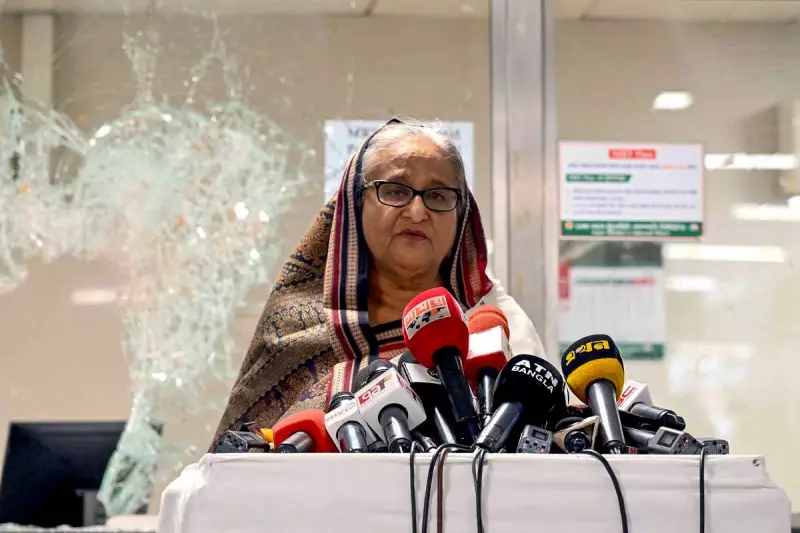
In a dramatic legal development that has sent shockwaves through South Asian politics, Bangladesh's former Prime Minister Sheikh Hasina has been sentenced to death by the country's International Crimes Tribunal.
The verdict, delivered on Tuesday, relates to charges of crimes against humanity committed during Bangladesh's 1971 war of independence from Pakistan. The tribunal found Hasina guilty of multiple offences, including mass killing, torture, and conspiracy during the liberation conflict.
Historical Context and Legal Proceedings
The International Crimes Tribunal, established in 2010 to address wartime atrocities, has been investigating cases related to the nine-month conflict that led to Bangladesh's independence. Prosecutors presented evidence alleging Hasina's involvement in systematic violence against civilian populations.
Legal experts note this represents one of the most significant verdicts in the tribunal's history, given Hasina's prominent political stature and previous leadership role in the country.
International Reaction and Implications
The sentencing has prompted immediate international concern, with human rights organisations and foreign governments closely monitoring the situation. Diplomatic sources suggest the verdict could significantly impact Bangladesh's political landscape and international relations.
Political analysts are weighing the potential consequences for Bangladesh's democracy and the broader implications for justice and reconciliation processes in post-conflict societies.
The case is expected to proceed through appeal processes, with legal representatives for the former prime minister indicating they will challenge the verdict in higher courts.





